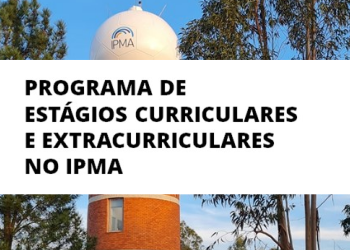News
-
Innovative Approaches to Fire Research
-
Food Safey Event
-
Internships Programme
Divulgação
Palestra - “Harvest Control Rule vs Optimal Harvesting of an Age-structured Population: The Case of the Ibero-Atlantic Sardine Fishery”
Date: 2015-07-14 02:30 PM
Speaker: João Vaz
Local: IPMA Algés Lisboa
Email contact:
Phone contact: 213027000
Abstract:
In this study we apply an age-structured bio-economic model to the Ibero-Atlantic sardine stock,
and compute an optimal harvesting strategy. We compare it with the ongoing harvest control rule. We
show that an optimal plan may entail greater net returns from the fishery, though at a cost of
reducing biomass below acceptable reference points. By incorporating precautionary constraints we
find that an optimal plan is still able to yield higher economic returns, while it accommodates
stock-recovery objectives.
Short BIOS:
João Vaz is a teaching assistant and researcher in Economics at Nova School of Business and
Economics. He received his Bachelor and Research Master's degrees in Economics from the Nova SBE,
and has been accepted to a PhD program at the University of Wyoming (USA), starting in Fall 2015.
His main research interests are economic applications and theory in the context of resource
economics. He works as a research assistant on the Gulbenkian’s Ocean Initiative project whose aim
is to make a bio-economic assessment of a maritime region in Portugal.
Renato Rosa graduated in Economics by Universidade Nova de Lisboa where he also obtained his
PhD degree in the specialization area of Environmental Economics. From 2008 to 2011 he worked at
Fondazione Eni Enrico Mattei, where he developed research in the integration of forestry,
agriculture and land use topics into numerical macroeconomic models. He currently holds an
Investigador FCT grant on developing applied economic models to Portuguese forests. His main
research interests focus on renewable resources bio-economic modelling.
Rui Pedro Mota is an Environmental Engineer from Instituto Superior Técnico (IST). Rui
obtained his degree in 2003. Since the end of the graduation Rui started to work on topics related
to environmental economics and economic growth. Rui obtained the degree of master in Economics from
ISEG in 2008 with a dissertation on macroeconomic indicators of sustainability, with estimates of
Green Gross Domestic Product and Genuine Savings for Portugal. In 2011, Rui obtained the degree of
doctor in Environmental Engineering from IST with the thesis “Modeling and Measuring Sustainability
in Dynamic Economies”. Currently, Rui is a post-doc at Nova School of Business and Economics with
research interests on the topics of economic growth, macroeconomic measures of sustainable
development and policies for the management of natural resources and ecosystem services.




